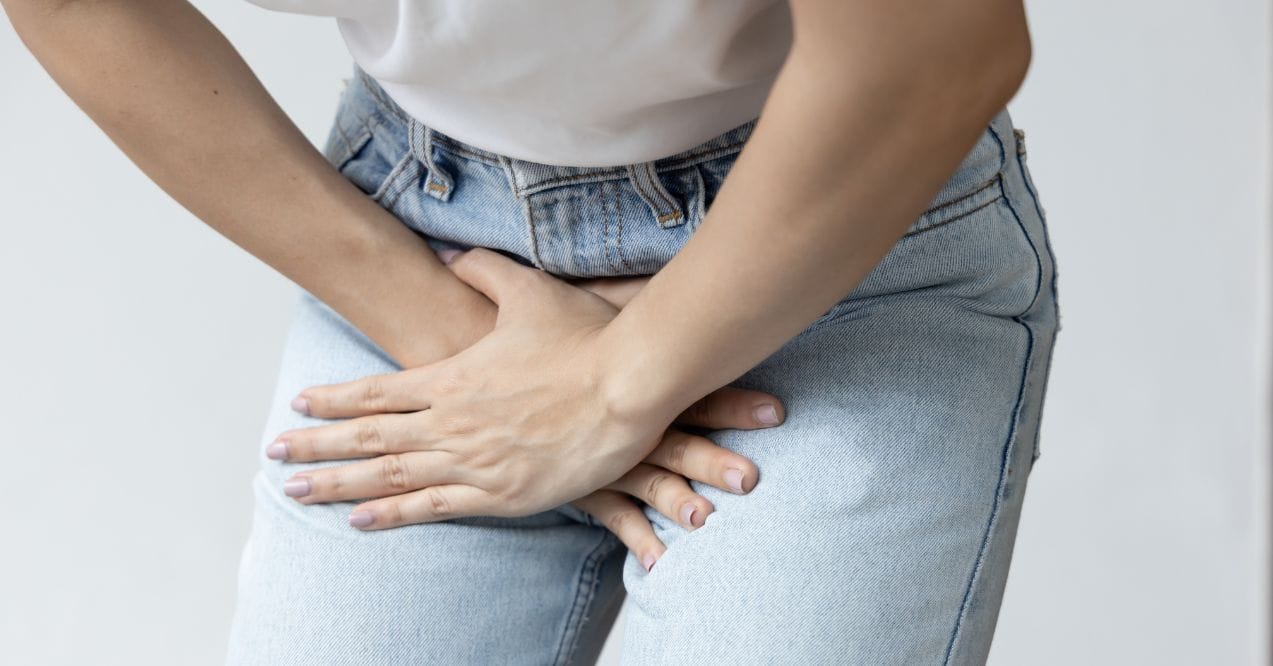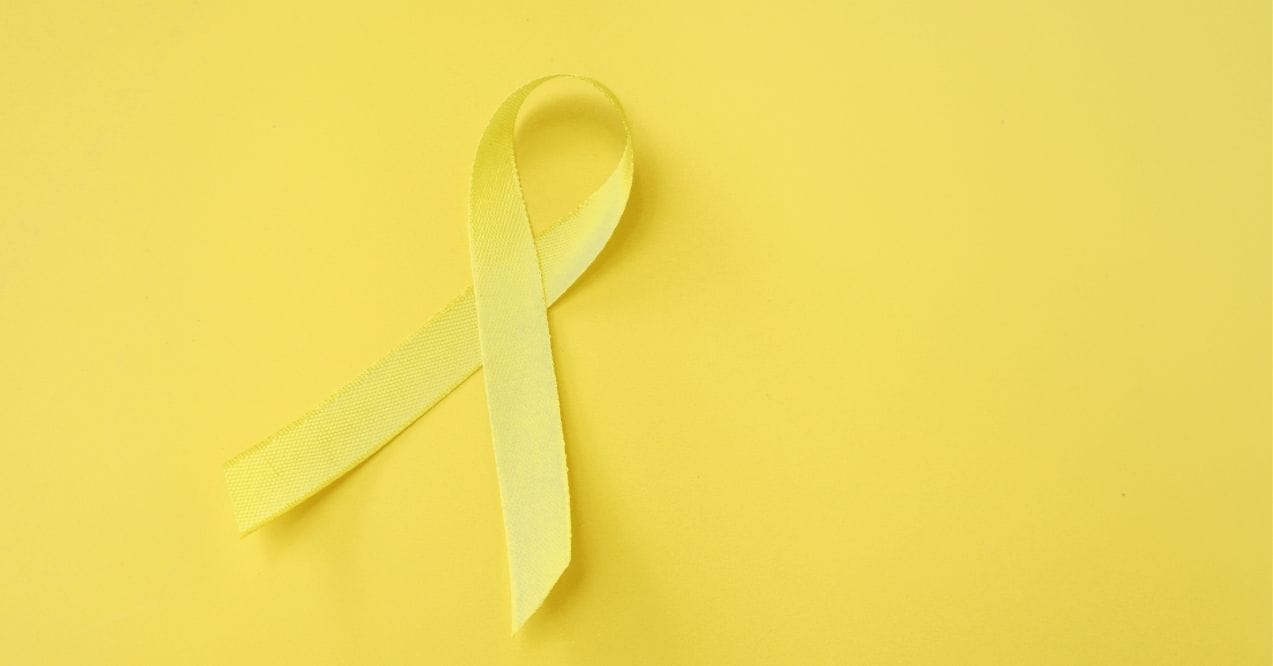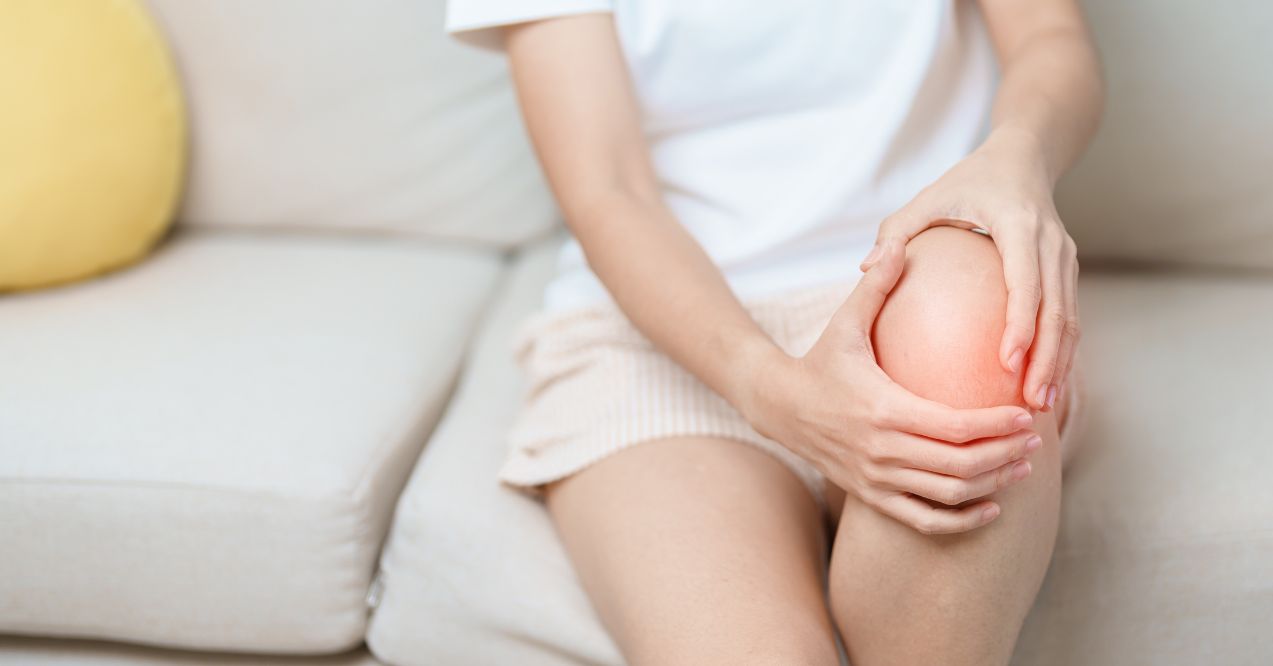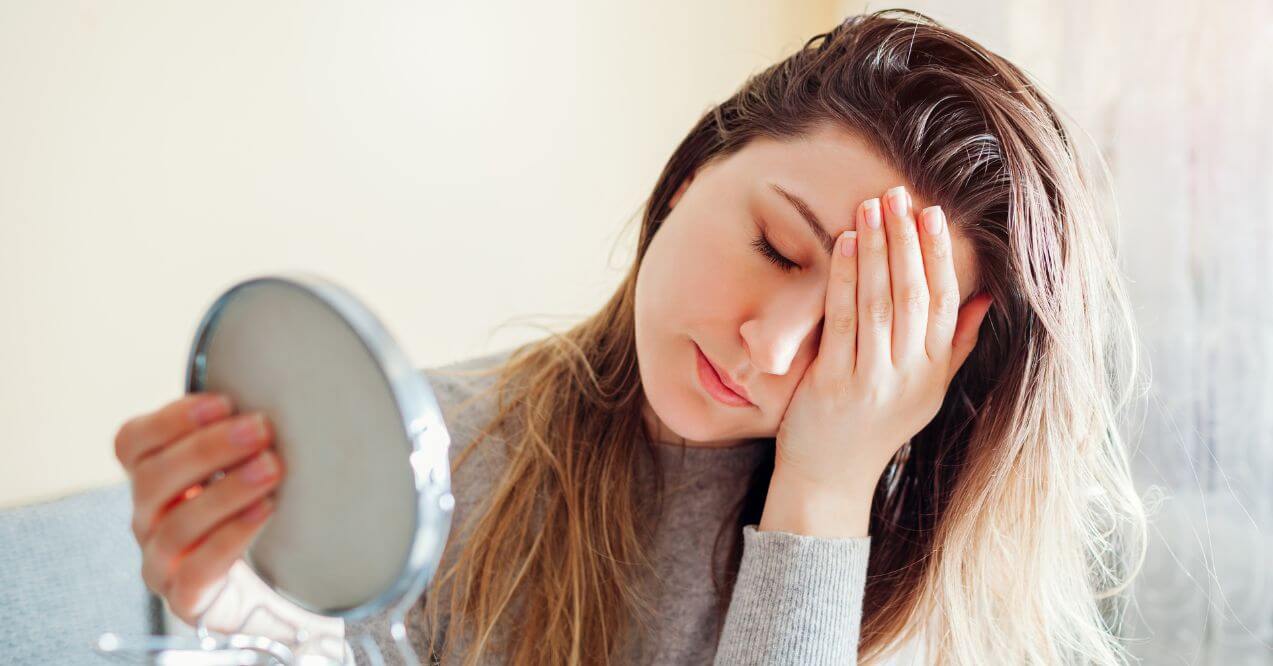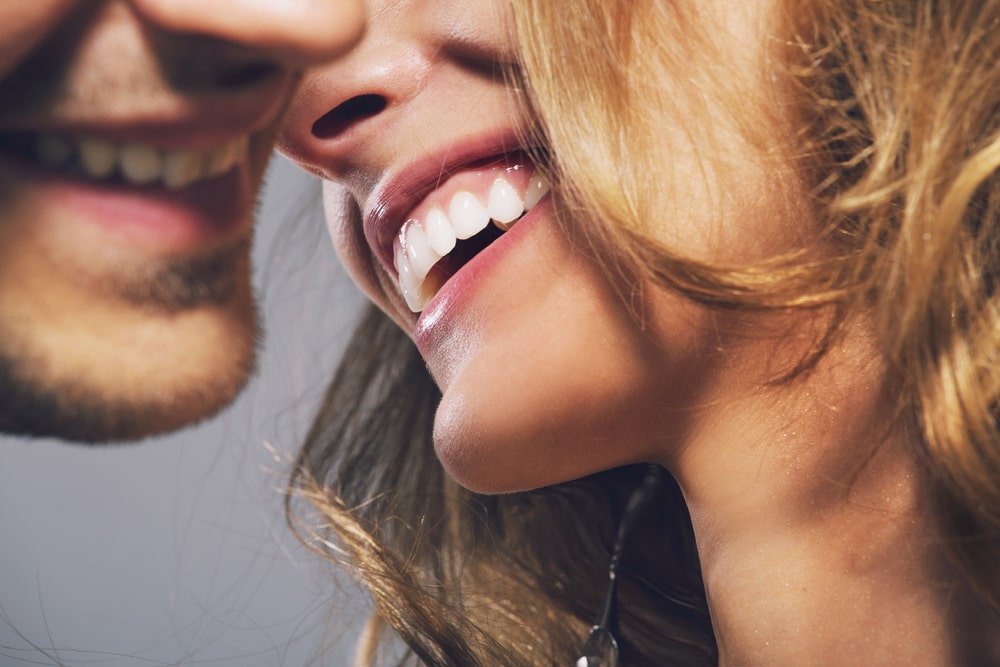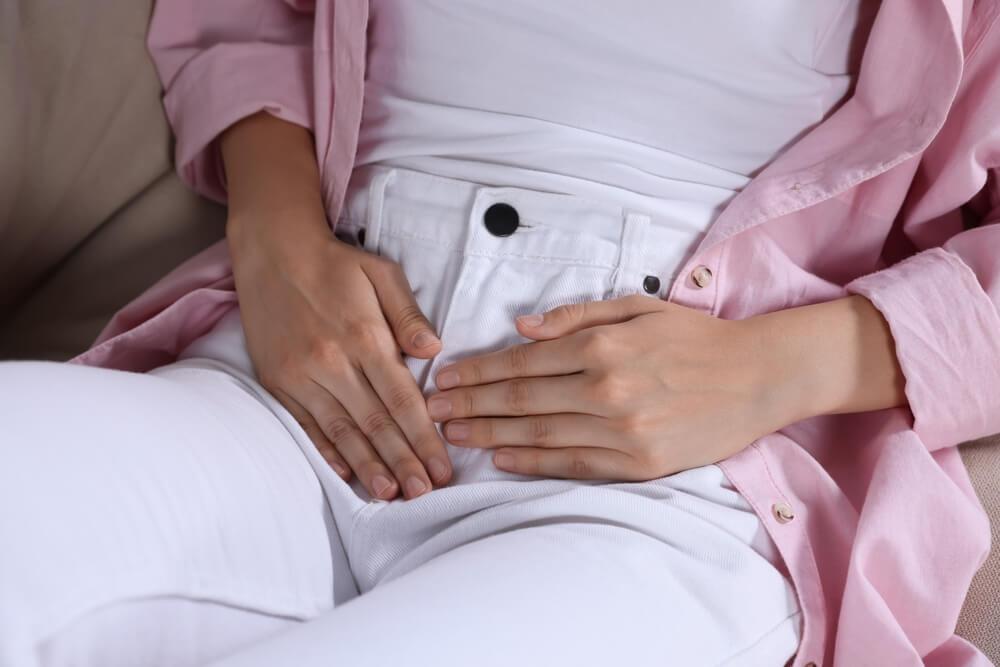Can Stress Cause UTI?
Medically reviewed by our experts
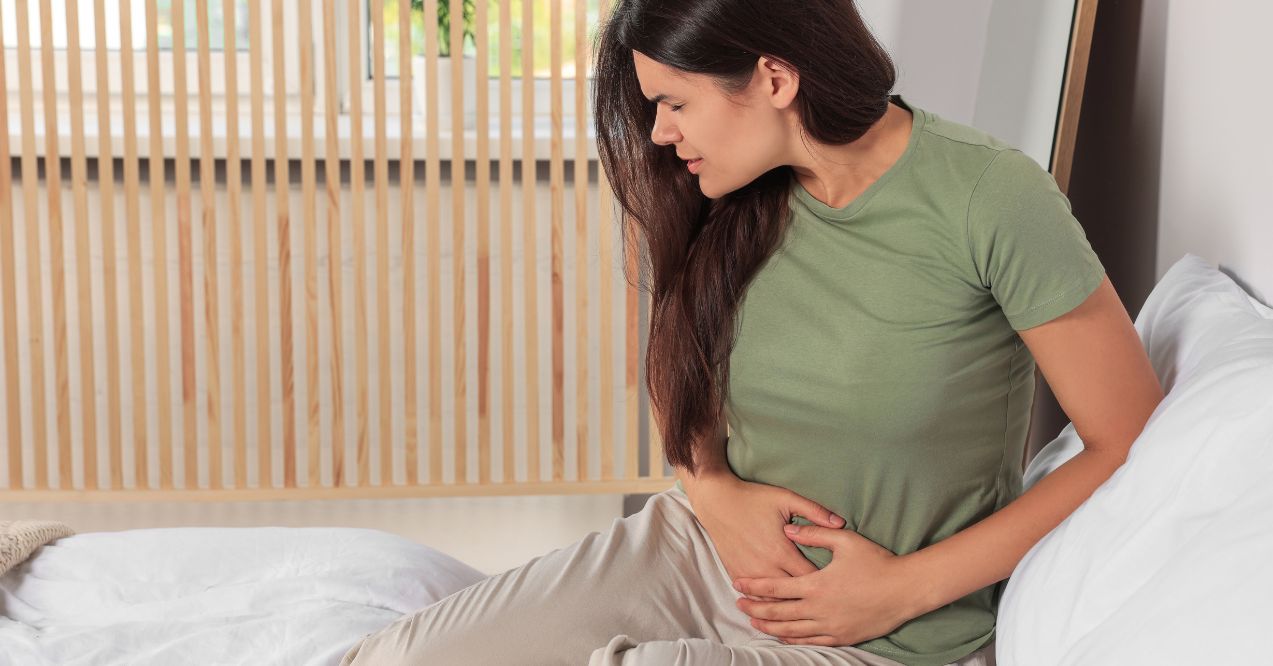

You might find it surprising, but there is an indirect connection between stress and urinary tract infections (UTIs). Although stress does not directly cause UTIs, it can exacerbate factors that increase the risk. In the 21st century, despite technological advancements, stress levels remain high worldwide, affecting various aspects of health, including susceptibility to infections. Stress can weaken the immune system and lead to disruptions in self-care, both of which may increase the likelihood of developing a UTI.
UTIs are a significant health concern, leading to more prescriptions for antibiotics after a doctor’s visit than any other infection. Understanding how stress contributes to the risk of developing UTIs is crucial for effective prevention and management. In this article, we will explore the causes of UTIs, discuss prevention strategies, and review treatment options, providing you with essential information to manage this common but often preventable condition.
Can Stress Cause UTI (Urinary Tract Infection)?
Can stress lead to bladder infections? Surprisingly, it can, though indirectly. Stress triggers physiological changes that weaken the body’s defenses, making it more vulnerable to urinary tract infections (UTIs).
Today’s myriad stressors—from work to financial worries—elevate cortisol levels. This stress hormone, while initially managing anxiety, can undermine the immune system if elevated for too long, paving the way for UTIs.
E. coli, typically harmless residents of the urinary tract, can turn problematic when your immune system is compromised, leading to infections.
Hidden Impacts of Stress
Stress often leads to poor diet, reduced hydration, and disrupted sleep, weakening your immune defenses further. Moreover, stress may increase alcohol consumption, which not only dehydrates but also impairs judgment. This can lead to risky behaviors, heightening UTI risk.
Understanding how stress affects your body and behavior can help you mitigate these risks, keeping your urinary system healthier.
Here’re a few UTI-related articles with more in-depth information on various UTI causes:
How Can I Prevent a Stress-Induced UTI?
Can stress cause a UTI? Yes, it can (indirectly). Preventing a stress-induced UTI might seem straightforward—simply reduce stress. However, managing stress is often easier said than done.
Handling stress proficiently can shield you from UTIs, bolster your immune system, and enhance your overall quality of life. In the following section, you will learn about stress-reduction techniques that can be a game-changer in maintaining your health.
1. Exercise

How long does a UTI last? The thing is, if you utilize exercise as a proper stress-reduction technique, you may never have to find out! We all know that exercise boosts overall health, but how exactly does it deal with stress? Being physically active stimulates the brain to release endorphins. These are also known as feel-good neurotransmitters. Endorphins will have you forgetting about all that is going wrong around you and thinking of solutions instead of sulking.
Exercise is also a good form of meditation. Better still, it is meditation in motion. While hitting the gym, swimming, playing a game of tennis, or anything, don’t you completely lose yourself in that activity? And that’s exactly why physical exercise doubles up as meditation. The only things on your mind are your bodily movements and how to do better, leaving no space for whatever irritations occurred within your day.
2. Breathing Techniques
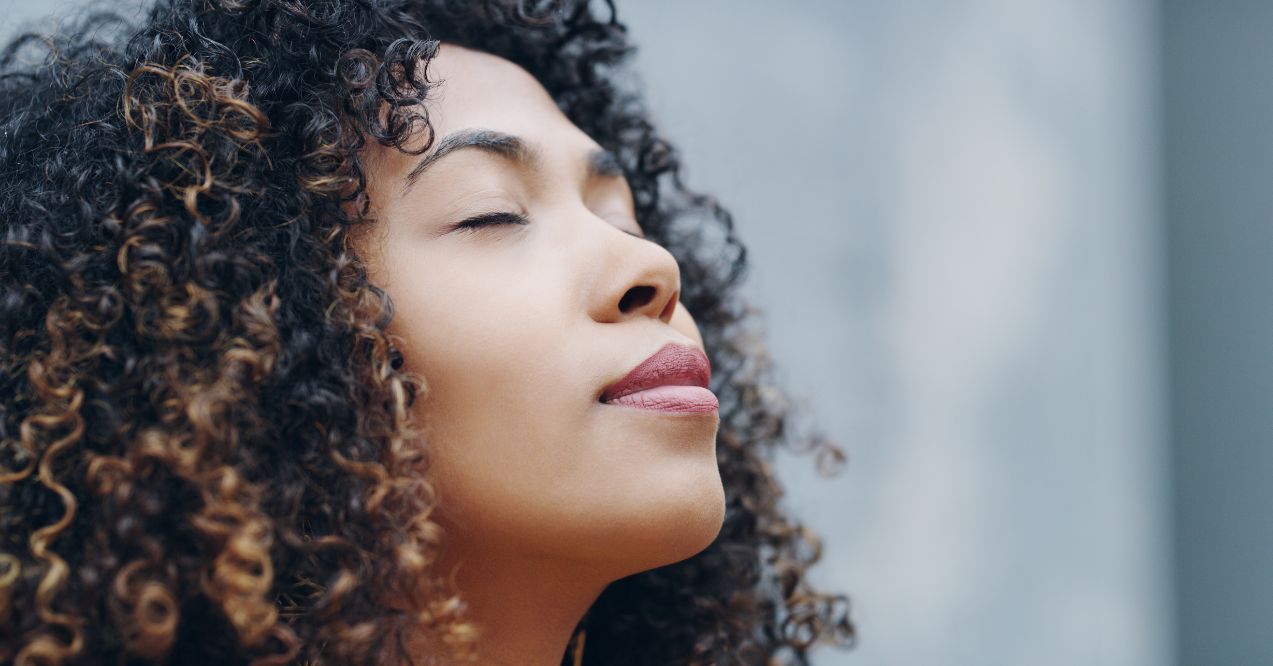
The thing with breathing techniques is that they are highly effective yet don’t take much of your time. According to Healthline, breathing exercises lasting between 2 to 5 minutes per session reduce stress. Better yet, you can carry out your breathing exercises several times a day, either following a strict schedule or whenever you feel the need to calm down.
During a breathing technique session, you get your body in tune with your mind and are able to reflect on the positives. The overall effect is a calmer you and a thankful immune system, one that’s more equipped to fend off bacteria.
3. Yoga
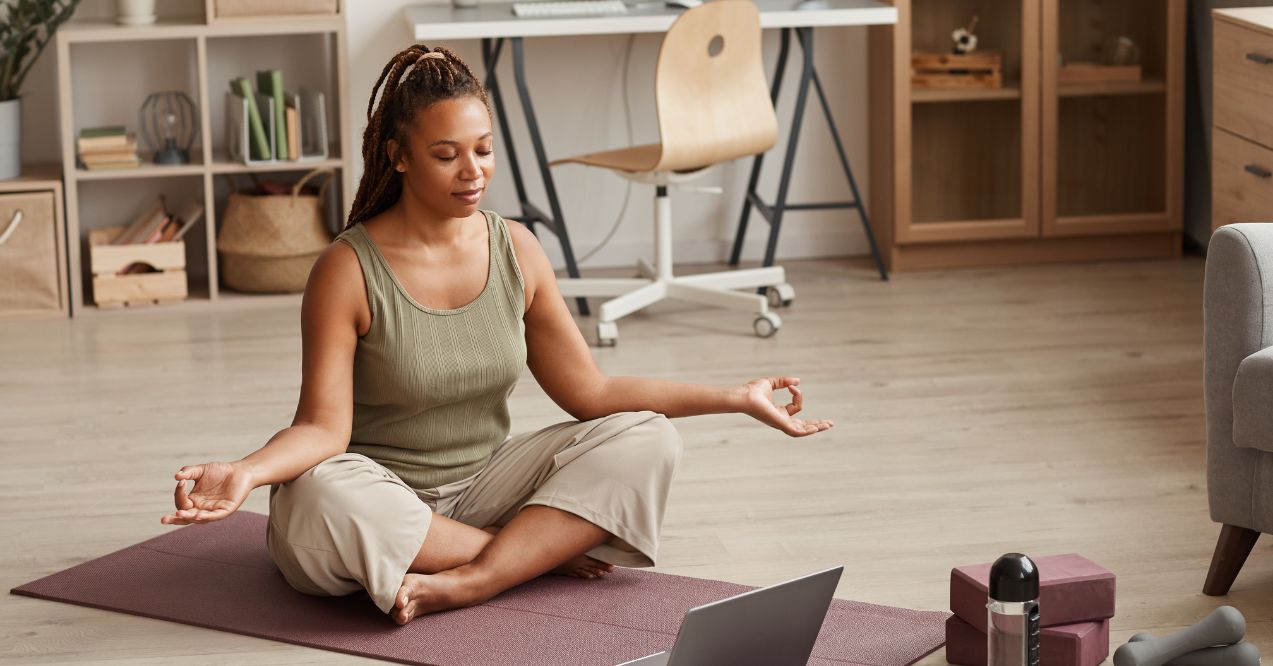
With yoga, you get two for the price of one – physical and mental relaxation. Remember what we said about endorphins? Yoga stimulates their release, leaving you with that feel-good euphoria. Your yoga routine can also include meditation and breathing techniques. This will have you reaping the benefits of an assortment of stress-reduction techniques. The stretching involved in yoga keeps you flexible and, even better, allows you to get into the headspace of letting go of negative life experiences.
4. Sleep Enough
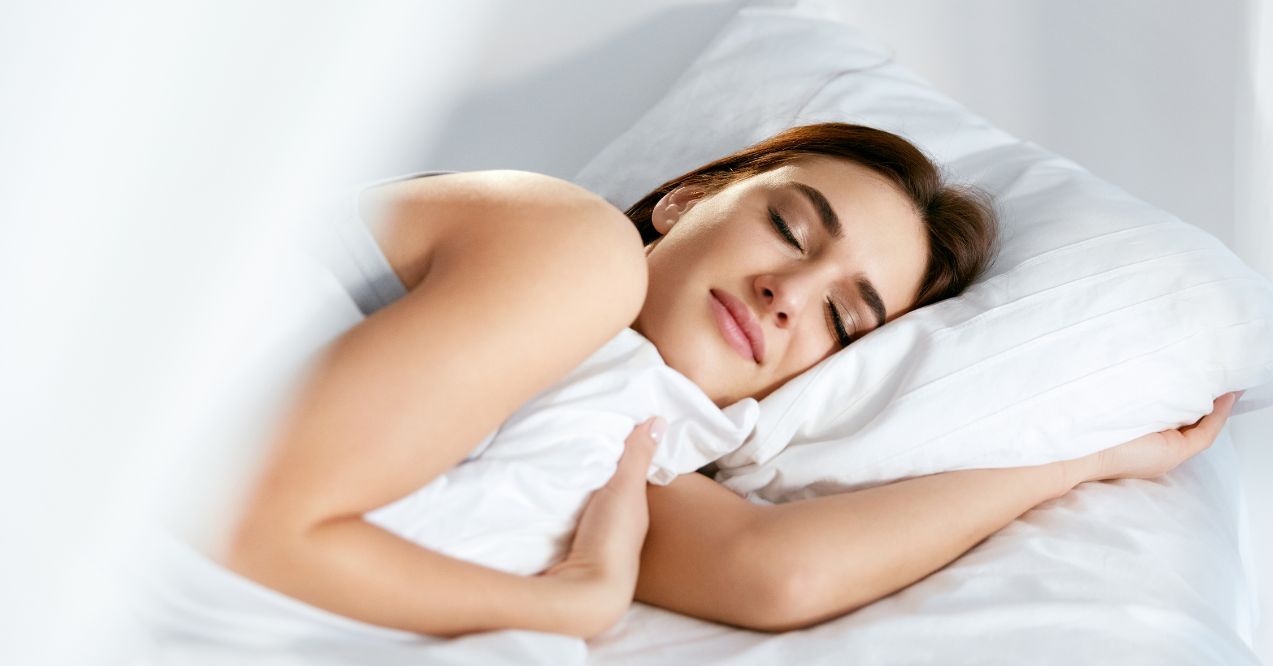
The American Psychological Association recommends seven to nine hours of sleep per night. As its research shows[6], adults who sleep for less than eight hours per night register higher stress levels. A good night’s sleep resets your biological clock. It helps your cells regenerate. It also improves your mood, and when you are well-rested, you are able to handle difficult situations better. You will keep an open mind and be less susceptible to stress weighing you down.
How to Treat UTI?
To effectively diagnose and treat a urinary tract infection, consultation with a healthcare provider is paramount. While the easier option may be an over-the-counter (OTC) drug, which may (or may not) work, you cannot overlook the importance of the professional opinion. Incorporating the best supplements for women’s health can also provide valuable support to general wellness, which may indirectly support UTI prevention.
Bacteria are the most common UTI-causing organisms. Therefore, the drugs a healthcare provider will prescribe will most likely be antibiotics. It is important that one completes a prescribed dose to avoid antimicrobial resistance and recurrence.
Sufficient hydration is also necessary if you want to do away with UTIs completely. The presence of enough water in the body prevents pathogen overgrowth by frequently flushing bacteria out of the urinary system via frequent urination. And while one may argue that alcohol also causes frequent urination, the fact that it leads to dehydration disqualifies it as an intervention herein.
After adhering to all these, also ensure that you maintain proper urinary hygiene. It would be a fool’s errand to stick to your dosage, drink enough water, and work on stress prevention, and then ignore your hygiene. Ensure you adequately clean your toilet, clean yourself after using it, and practice overall genital cleanliness. If you find yourself asking, “Are UTIs contagious?” chances are you are not practicing sexual and genital cleanliness because, no, they are not.
Key Takeaways
The intricate relationship between UTIs and stress reveals the profound impact of psychological well-being on physical health. Thus, keep these few points in mind:
- Stress weakens the immune system, allowing pathogens to proliferate and cause disease.
- It causes behavioral changes that contribute to a weakened immune system.
- It may lead to overindulgence in alcohol, which impairs judgment, especially around sexual intercourse.
Thankfully, stress mitigation measures exist, which include:
- Exercise
- Breathing techniques
- Yoga
- Enough sleep
To treat an existing UTI, seeking the help of a healthcare provider is crucial, as is completing your antibiotic dosage. Maintaining proper urinary and genital hygiene also comes in handy. And whether you have a UTI or not, don’t ignore the importance of hydration.
While a direct link doesn’t exist, stress causes bladder infections by weakening the immune system. This allows bacteria in the urinary tract to exploit the weakened bodily defenses.
Factors such as stress, an irritated urethra, and poor hygiene can trigger a UTI.
A burning sensation when urinating, pain during the act, and cloudy urine may alert you to an impending UTI.




